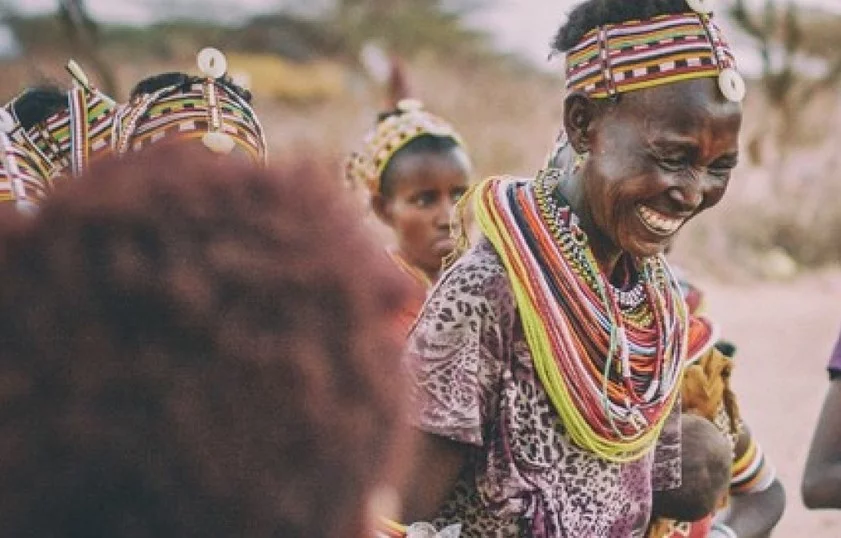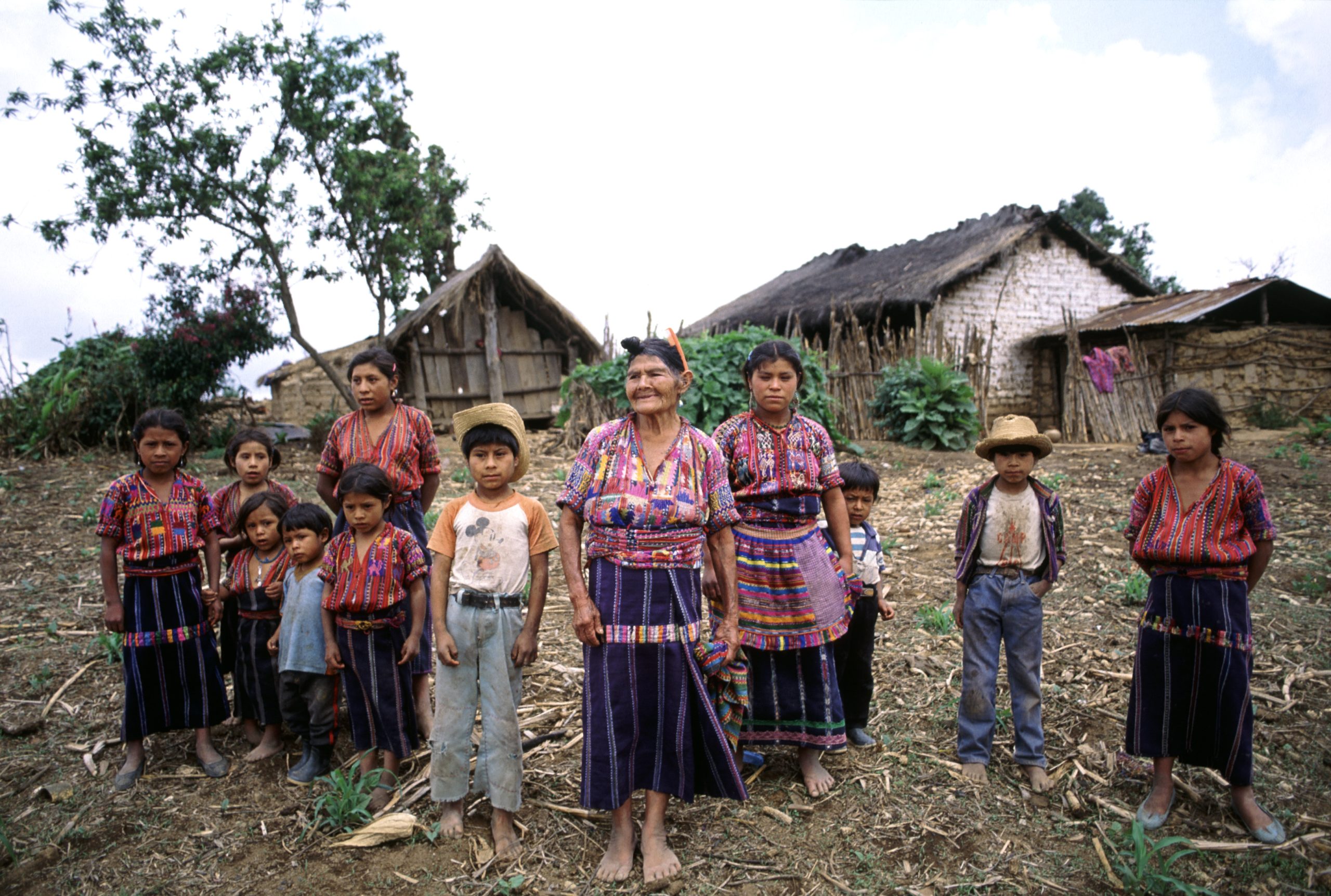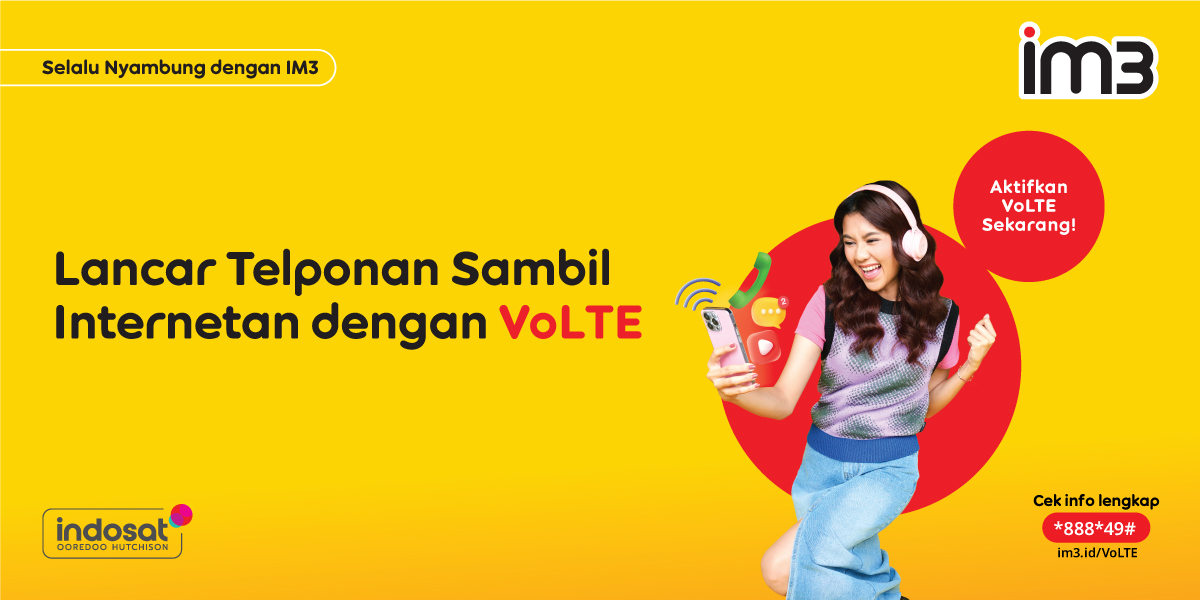-
Introduction to Indigenous Peoples’ Global Status
State of the World, comprising over 476 million individuals across 90 countries, represent a vital yet often marginalized segment State of the World. Despite their rich cultural heritage and deep connection to ancestral lands, many Indigenous communities continue to face systemic exclusion, discrimination, and violations of their fundamental rights. Reports such as State of the World’s Indigenous Peoples shed light on their struggles while advocating for greater recognition and justice. -
Historical and Ongoing Injustices
Centuries of colonization, forced assimilation, and land dispossession have left lasting scars on Indigenous communities. Many groups still struggle to reclaim their territories, protect sacred sites, and preserve their languages and traditions. Legal systems in various countries often fail to recognize Indigenous land rights, leading to conflicts with governments and corporations exploiting natural resources. -
Economic and Social Marginalization
Indigenous Peoples frequently experience higher poverty rates, limited access to quality education, and inadequate healthcare compared to non-Indigenous populations. Economic opportunities are often scarce, particularly in remote regions where infrastructure is underdeveloped. This systemic neglect perpetuates cycles of disadvantage, making it difficult for Indigenous communities to thrive. -

State of the World Environmental Threats and Climate Change
As stewards of 80% of the world’s remaining biodiversity, Indigenous Peoples play a crucial role in environmental conservation. However, their lands are increasingly targeted for mining, deforestation, and industrial agriculture, exacerbating ecological destruction. Climate change further threatens their traditional ways of life, particularly for those dependent on forests, rivers, and Arctic ecosystems.Also Read: Mitsubishi Expander’s High Target ‘Shakes’ Avanza
-
Cultural Erosion and Language Loss
Globalization and forced assimilation policies have led to the decline of Indigenous languages—nearly one disappears every two weeks. The loss of language also means the erosion of traditional knowledge, spirituality, and cultural identity. Efforts to revitalize Indigenous languages and education systems are critical for preserving these unique worldviews. -
Human Rights Violations and Violence
Many Indigenous activists defending their lands and rights face harassment, criminalization, and even violence. Reports document cases of extrajudicial killings, particularly in regions where Indigenous resistance clashes with corporate or government interests. International human rights mechanisms must strengthen protections for these vulnerable communities. -
The Role of International Frameworks
The United Nations Declaration on the Rights of Indigenous Peoples (UNDRIP), adopted in 2007, provides a foundation for Indigenous rights, including self-determination, land ownership, and cultural preservation. However, implementation remains inconsistent, with many nations failing to fully integrate these principles into national laws. -
Indigenous Women and Youth
Indigenous women often endure multiple layers of discrimination, facing gender-based violence, limited political representation, and economic exclusion. Meanwhile, Indigenous youth grapple with identity challenges, balancing traditional knowledge with modern societal pressures. Empowering these groups is essential for sustainable community development. -
Resilience and Contributions to Global Sustainability
Despite adversity, Indigenous Peoples continue to lead movements for environmental justice, social equity, and cultural revival. Their traditional ecological knowledge offers solutions for sustainable land management, biodiversity conservation, and climate adaptation—lessons that the wider world must acknowledge and adopt. -
A Call for Action and Solidarity
The State of the World’s Indigenous Peoples report urges governments, organizations, and individuals to support Indigenous rights through policy reforms, legal protections, and inclusive development programs. True progress requires not just recognition but active partnership, ensuring Indigenous voices shape decisions affecting their futures. Only through justice and collaboration can we build a more equitable world for all
State of the World’s Indigenous Peoples








